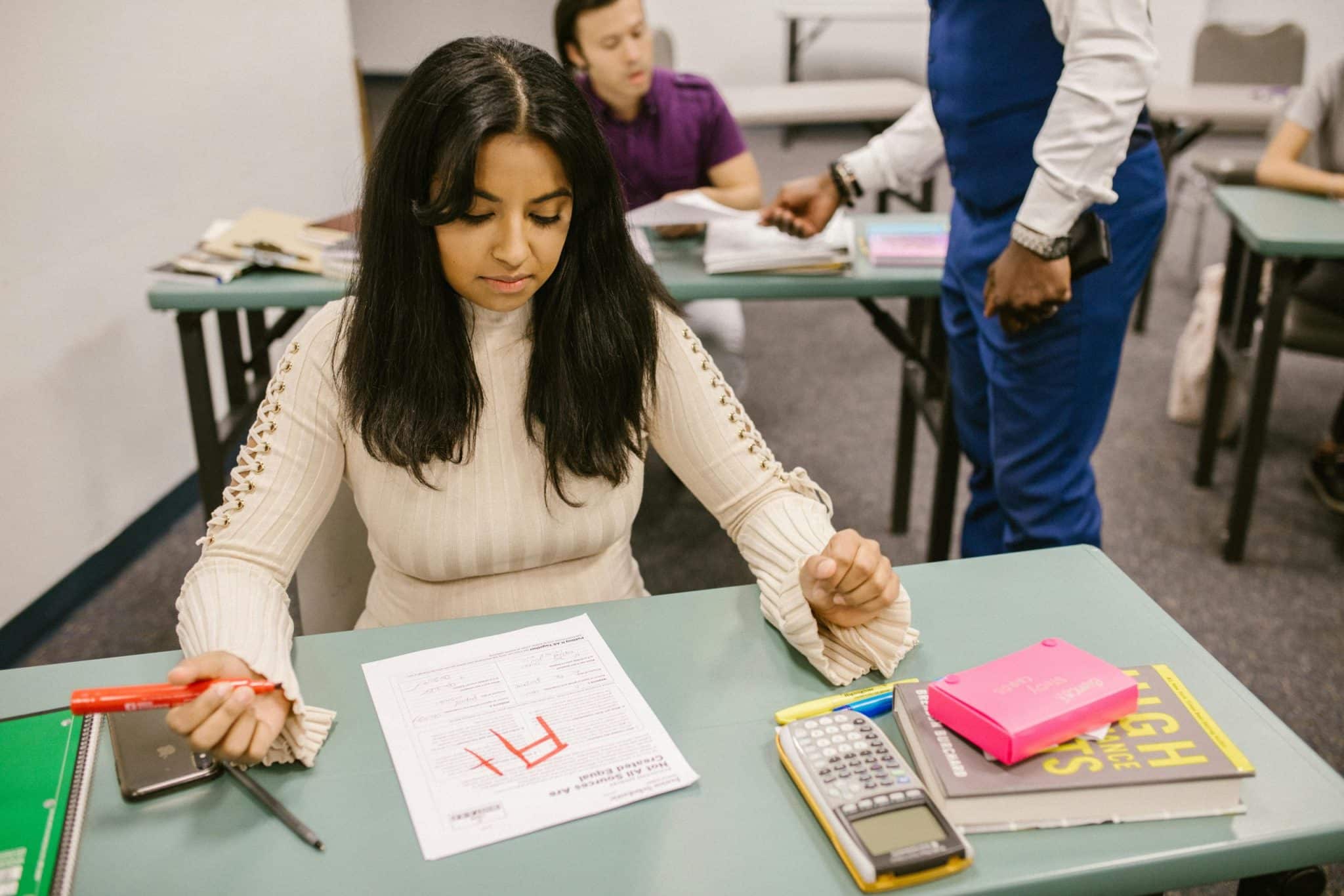Beyond Standardized Testing: Alternative Assessment Methods
As the education system continues to evolve, so do the methods of assessment. The traditional approach of standardized testing has faced significant criticism due to its cookie-cutter approach and inability to accurately measure all aspects of a student’s learning. As a result, educators and researchers have turned to alternative methods of assessment to provide a more comprehensive and accurate evaluation of a student’s knowledge and skills. In this article, we will explore some of the alternative assessment methods that have gained traction in recent years and how they can contribute to a more meaningful and effective educational experience.
The Limitations of Standardized Testing
Standardized tests are designed to measure a student’s performance against a set of predetermined standards, with a focus on subjects such as math, reading, and science. While they have been the go-to method of assessment for many years, the reliance on standardized tests has faced criticism for several reasons.
Not a Comprehensive Measure
Standardized tests only assess a narrow range of skills and knowledge, which may not accurately reflect a student’s overall academic abilities. These tests do not take into account factors such as critical thinking, creativity, and problem-solving skills, which are essential for success in today’s dynamic world.
One Size Does Not Fit All
One of the most significant issues with standardized tests is that they follow a one-size-fits-all approach. Each student is expected to perform equally well on the same test, regardless of their individual learning styles, strengths, and weaknesses. This approach overlooks the diverse needs and abilities of students and can lead to unfair evaluations.
High-Stakes Testing
In many education systems, standardized tests carry immense weight and can determine a student’s academic and career opportunities. The pressure to perform well can lead to significant stress and anxiety among students, which may negatively impact their performance.
Alternative Assessment Methods
Recognizing the limitations of standardized testing, educators have turned to alternative methods of assessment to provide a more holistic and accurate evaluation of student learning. Let’s take a look at some of the alternative assessment methods that have gained popularity in recent years.
Project-Based Assessments
Project-based assessments involve students working on real-life projects that require them to apply their learning to solve a problem or create something. These projects can take many forms, such as research papers, presentations, or creative works. Project-based assessments not only measure a student’s knowledge and skills but also their ability to apply them in practical situations. This approach provides a more authentic evaluation of a student’s learning.
Portfolios
A portfolio is a collection of a student’s work that showcases their progress and achievements over a period of time. Portfolios can contain a variety of artifacts, including essays, projects, and reflections. This method of assessment allows students to reflect on their learning, make connections between different subjects, and showcase their strengths. It also provides a more personalized and comprehensive view of a student’s progress compared to just a single test score.
Performance-Based Assessments
Performance-based assessments evaluate a student’s ability to perform a specific task or skill. This method is commonly used in subjects such as music, art, and physical education, where a standardized test may not accurately measure a student’s abilities. Performance-based assessments can take the form of tests, projects, or demonstrations, and provide a more practical and hands-on evaluation of a student’s skills.
Student Self-Assessment
Empowering students to assess their own learning can be a powerful tool for growth and development. In this method, students are involved in setting goals, evaluating their progress, and reflecting on their learning. It encourages self-reflection, self-awareness, and self-directed learning, which are crucial skills for lifelong learning.
In Conclusion
While standardized testing has been the primary method of assessment for many years, it is evident that it has its limitations. Alternative assessment methods offer a more comprehensive and authentic evaluation of a student’s learning. Incorporating these methods into the education system can lead to a more meaningful and effective learning experience for students. As the saying goes, “when we know better, we do better,” and it’s time for the education system to evolve and embrace alternative assessment methods beyond standardized testing.






